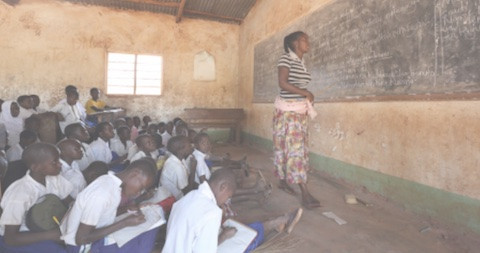
GCED Basic Search Form
Quick Search
Usted está aquí
Events

Held during the UN World Data Forum (UNWDF) 2021, in alignment with the thematic area of ‘leaving no-one behind’, this local meet-up will highlight the voices and experiences of local EIE actors involved in data collection, processing and use.
The event will include an interactive panel discussion with inspiring speakers from crisis-affected countries who will exchange with participants about the challenges local actors face around the collection of education in emergencies data, and will explore the untapped opportunities and evidence-based approaches for more effective and efficient humanitarian action for education.
Simply having more and/or better data, including for Education in Emergencies (EiE), is no guarantee that it will be used to improve decisions and ultimately improve lives. The global calls and demands for more and better data in EiE – for emergency preparedness and response – continue and clearly have merit. However, despite the emerging localization agenda in EIE, these calls are not often nuanced and put increasing pressures on the local actors who will ultimately be responsible for collecting and using this information. Additionally, “localization” itself is contested with no single agreed upon approach.
There is a need to interrogate the role, and current apparent absence, of those who are often the subject of EIE data collection – most notably learners, teachers and communities. It is important to examine how these groups currently interact with EIE data collection and whether their voices are heard in key decision-making moments: such as when data and research processes are being designed, when problems within their communities are being framed, and when measures of success are being defined. These questions feed into broader discussions in education data about citizen-generated data, community-based data collection and open data.
With the Grand Bargain signatories having now endorsed the Framework and the annexes for the Grand Bargain 2.0, the Network for Empowered Aid Response (NEAR) has called for a strengthening of commitments to localization, including through the rebalancing of power, equal partnerships and creating systemic ways of genuinely engaging with affected communities. This call is as relevant as ever when defining how to optimize the “collection and use of predictive and analytic data that may provide a more accurate picture of risks and trends, and can allow for more evidence-based interventions” – including for Education in contexts at risk or affected by emergencies.
Related Content
Useful Links
URL:
